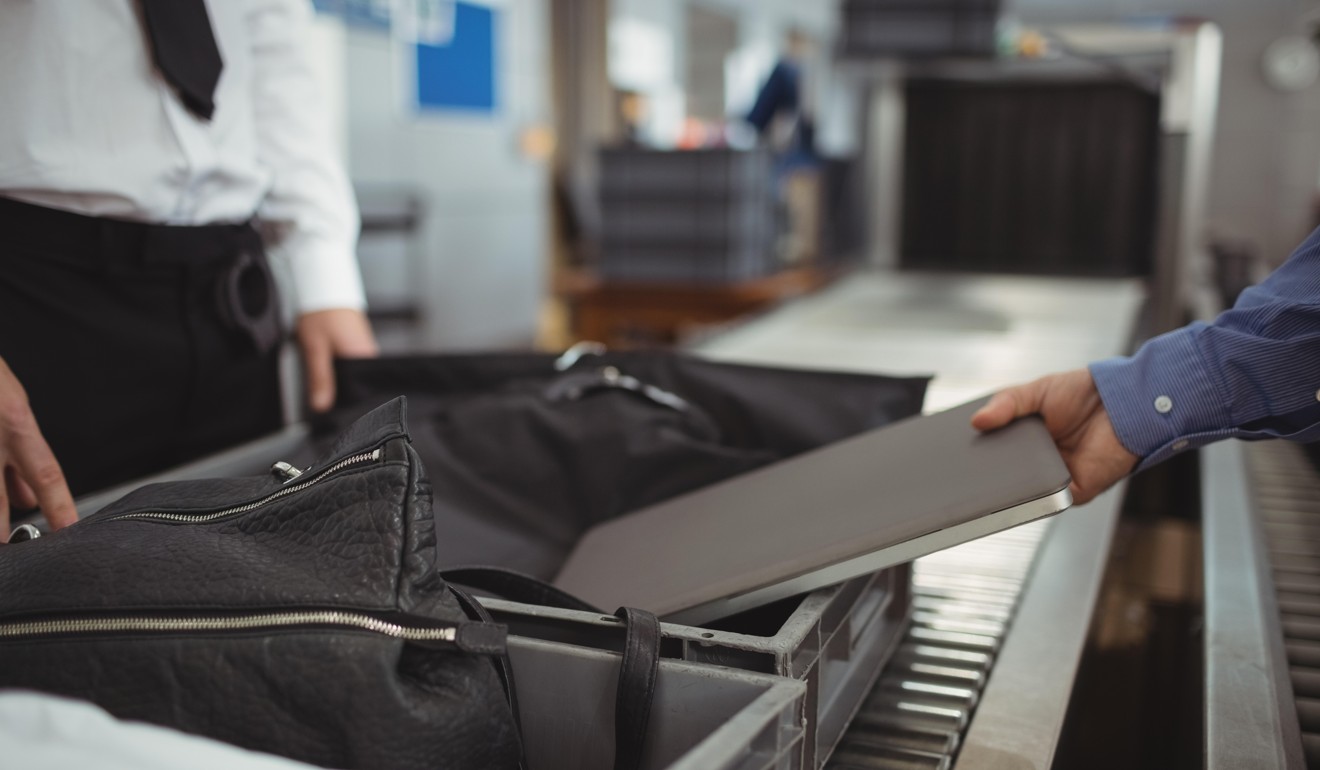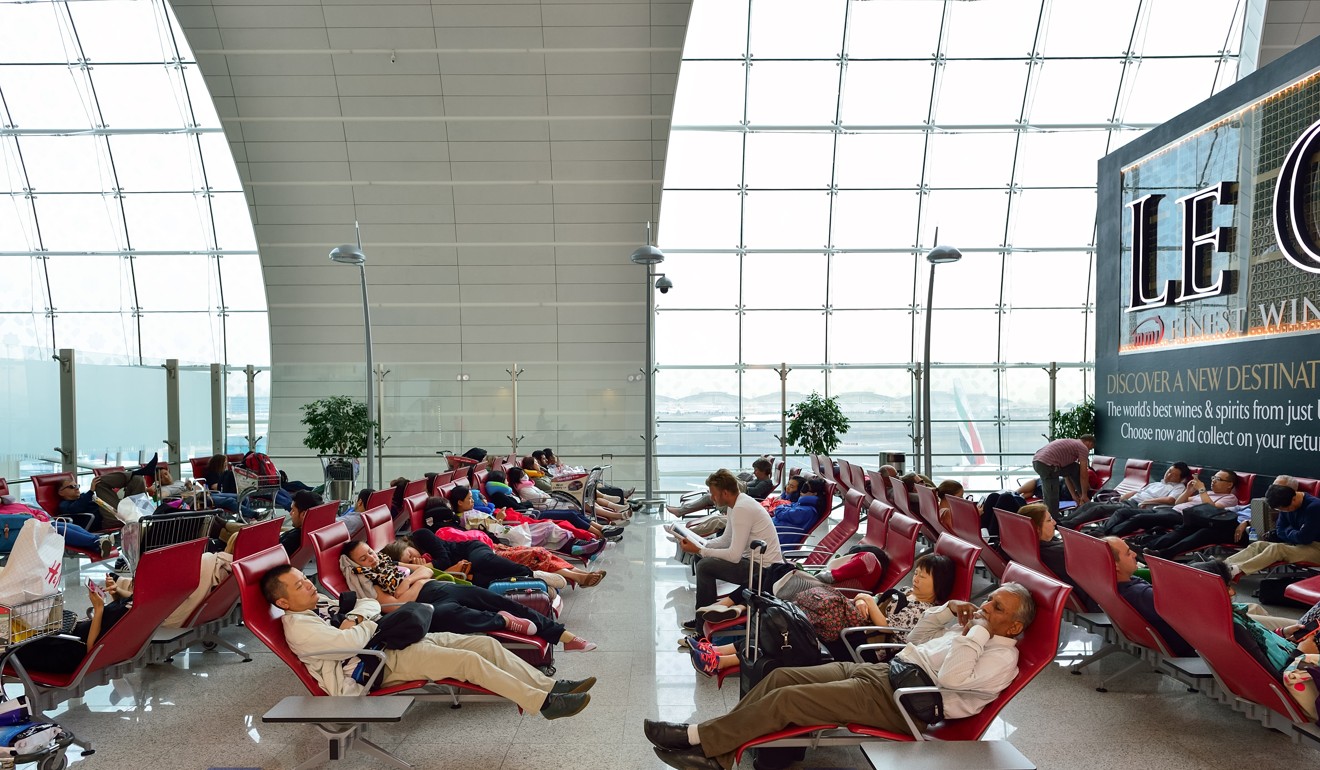
Laptop ban could cost US$3.3 billion a year, airline industry says as it fights back with security countermeasures
Bomb-detection technology, anti-tampering detection for devices and sniffer dogs among array of screening upgrades proposed at yearly IATA meeting
An expanded US ban on laptops in plane cabins could cost airlines and passengers US$3.3 billion a year, industry veterans have estimated, and they are fighting back with bomb-detection technology, anti-tampering detection for devices, sniffer dogs and an array of other security screening options.
“We believe there are alternative ways to address the situation,” said Nick Careen, IATA’s senior vice-president for airport, passenger, cargo and security.
Newly released official industry figures show that a worldwide ban on electronic devices would set the industry back an estimated US$3.3 billion annually in lost productivity, longer travel times, flight delays and laptop rental costs. The restrictions would end up affecting 300,000 passengers a day and 786,000 flights a year.
The calculations are based on the number of people using electronic devices onboard planes, the average cost of labour and the number of travellers. Surveys on customer impact and how that might change in light of a ban were also factored into the sums, as were hard numbers from the current impact in the Middle East.

The US government in March introduced restrictions on large electronic devices, such as laptops, on flights from 10 airports in the Middle East and North Africa. The UK implemented a similar ban for six countries.
The US Department of Homeland Security last month threatened to broaden the restrictions to include flights from Europe, though those plans appear to be on hold for now.
IATA said it would not “place bets” on any expansion of the US electronics ban on international flights.
The industry is aiming in the long term to usher in new procedures to boost the security screening of electronic devices, but faces challenges in the form of slow approval of the new technology by regulators.
Other alternatives to an outright ban on devices include better training for staff and more risk-based screening of suspect passengers based on traveller data.
Earlier, IATA’s director general Alexandre de Juniac had called for cooperation with governments to seek better alternatives to a blanket ban on electronic devices.
“My message to governments on security is one of partnership: work with us to implement alternatives to the current ban, work with us to accelerate technological innovation, work with us to mitigate future threats and work better together,” he said in his keynote speech at the annual meeting’s opening address.
The department, responsible for implementing the ban, had occasionally signalled in recent weeks that action was imminent but ultimately held off.
The current lull in Washington is seen by the industry as a good sign, indicating the “willingness” of Homeland Security officials to pause and work with the industry.
“The fact they are taking an appropriate amount of time for this decision means they are really considering the impact and are listening to us,” Careen said.

The restrictions on devices are a response to information on Islamic State group efforts to build a bomb into consumer electronics.
Of the so-called “Five Eyes” of western nations who share intelligence, namely the US, UK, Canada, Australia and New Zealand, only two have responded with an electronics ban.
IATA officials took the opportunity to highlight the different approaches each country took.
“How the Five Eyes community has operated and how they have turned that information into that operational output is why we are here and why we are calling for the additional discussion to make sure it doesn’t go to a five-country ban,” IATA’s security director Matthew Vaughan said.
“While they share intelligence, how they interpret it … it’s not going to be the same. It is not uncommon for nations to use the same intelligence and take a different approach,” Careen added.
Danny Lee is reporting from Cancun, Mexico

